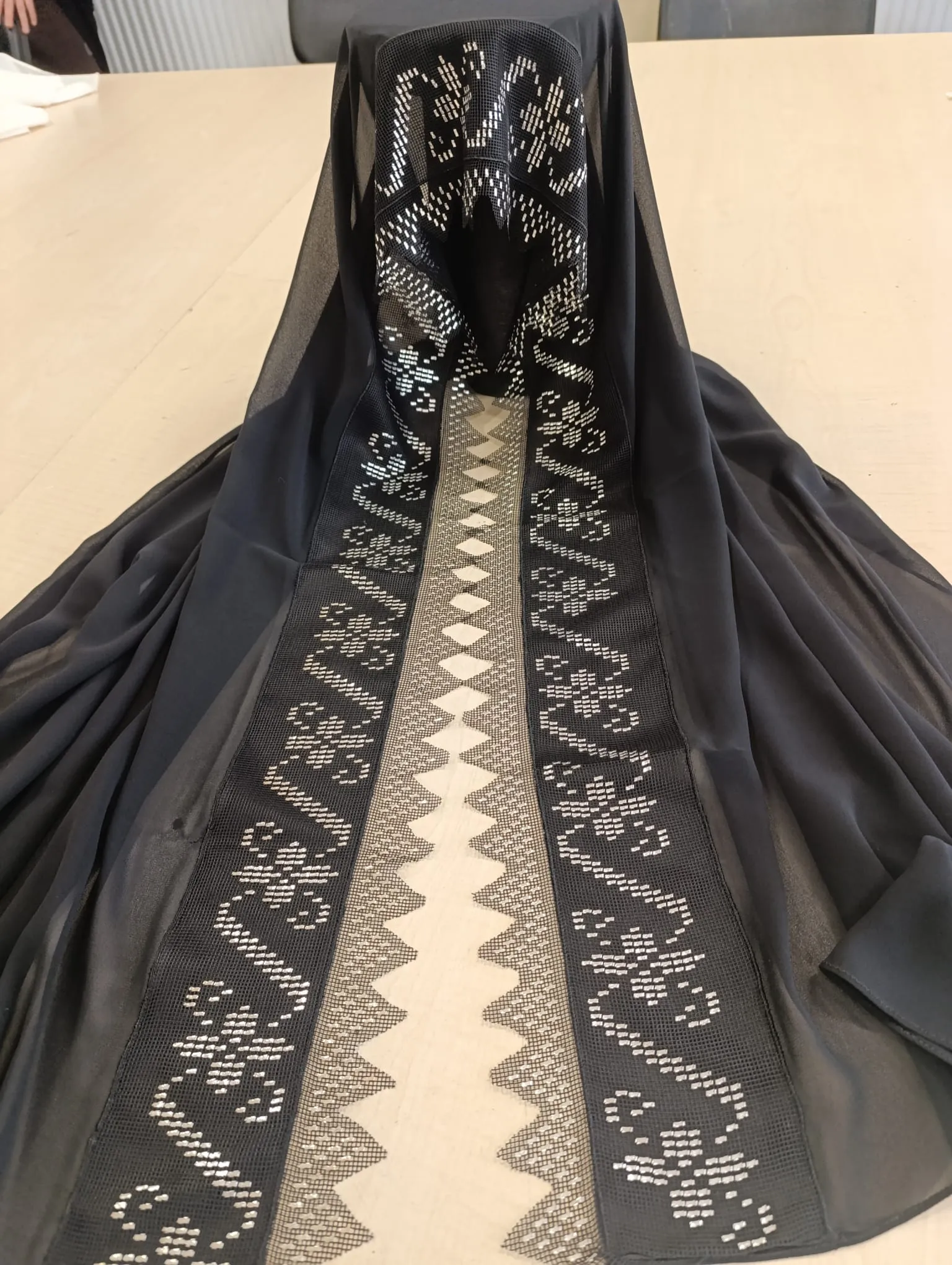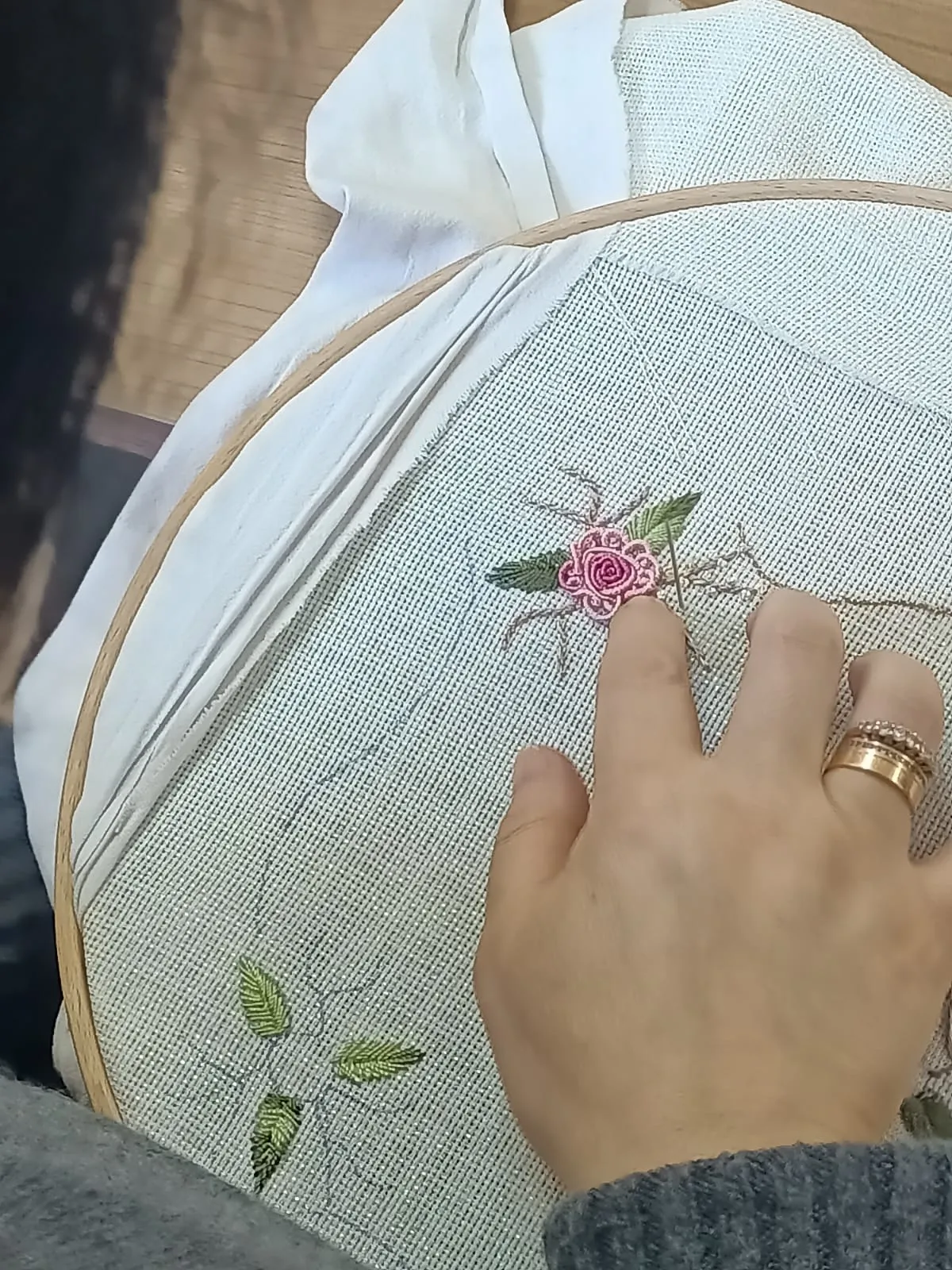The Importance Of Traditional Handicrafts In Adult Education
Traditional handicrafts are of great importance in terms of preserving cultural heritage, identity building, and supporting individual development both in Europe and globally. In culturally diverse countries like Türkiye, these crafts not only represent values of the past but also play a strategic role in adult education, social cohesion, and local development. This article explores the significance of producing traditional handicrafts from the perspective of adult education.
1. Transmission of Cultural Heritage and Identity
FormationTraditional handicrafts are tangible reflections of cultural heritage through techniques, patterns, and motifs passed down from generation to generation. Incorporating these arts into adult education programs allows individuals to connect with their roots and strengthen their cultural identities. EU cultural heritage policies also support the preservation of these art forms.
2. Contribution to Lifelong Learning
Handicrafts offer multidimensional learning processes that enhance cognitive, emotional, and psychomotor skills. Especially for middle-aged and older adults, these activities increase mental engagement and life satisfaction. The master-apprentice model also enriches informal learning environments, contributing to lifelong learning.
3. Social Inclusion and Empowerment
Courses on traditional handicrafts serve as tools of social inclusion for individuals in rural areas with limited access to education and employment. Women, elderly individuals, migrants, and people with disabilities benefit from such programs, gaining skills, expanding their social networks, and boosting their self-confidence.
4. Economic and Entrepreneurial Impact
Handicrafts education within adult learning programs enables individuals to participate in production and support local economies. These crafts support micro-entrepreneurship and create income-generating opportunities, especially in markets that value uniqueness and craftsmanship. Women's cooperatives and social enterprises across Europe and some country are increasingly harnessing this potential.
5. Sustainability and Ecological Awareness
Traditional handicrafts are typically made with eco-friendly, natural materials such as wool, cotton, natural dyes, wood, and metal. In this way, they not only foster production skills but also promote sustainable living practices. Adult learners become more aware of environmental responsibility through these practices.
Integrating traditional handicrafts more prominently into adult education serves not only individual development but also cultural continuity, economic growth, and social cohesion. In this regard:
National and EU education policies should support programs focusing on traditional crafts,
Curriculum modules on handicrafts should be expanded in adult learning centers,
Digital platforms should be used to promote these crafts,
Master-apprentice models should be restructured and accredited
Such steps can significantly enhance adult education both at national and European levels.









Поздравления за интересната…
Поздравления за интересната статия!